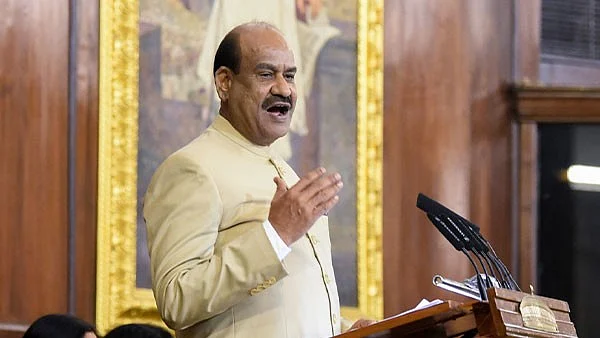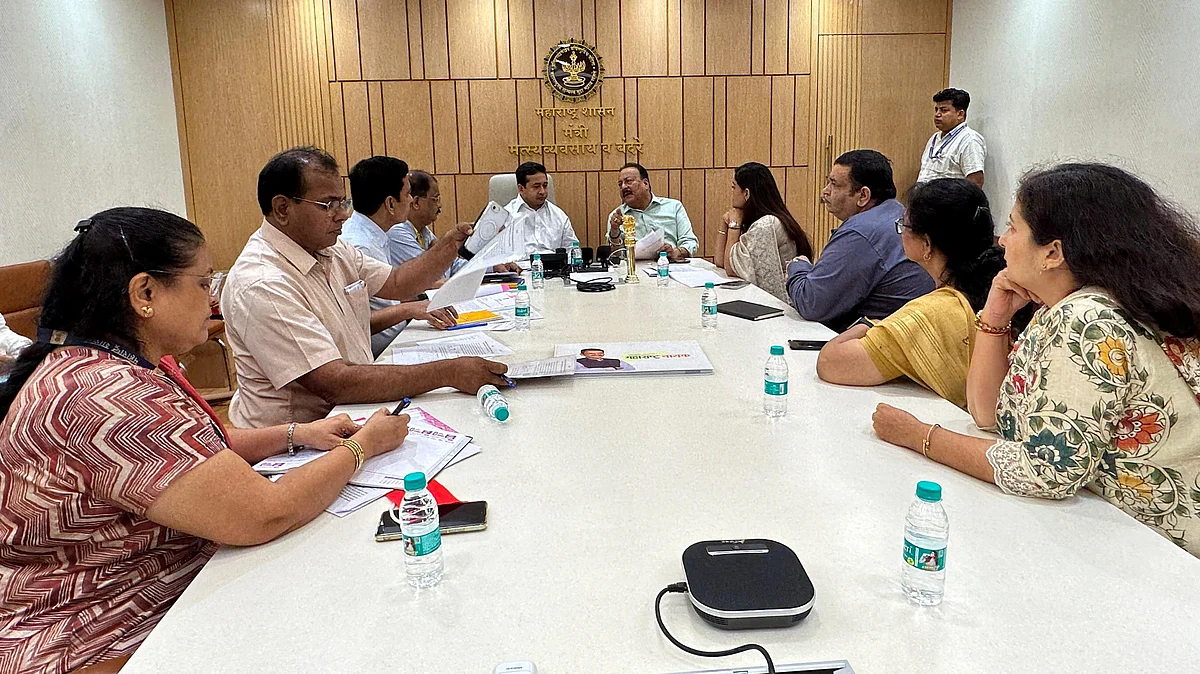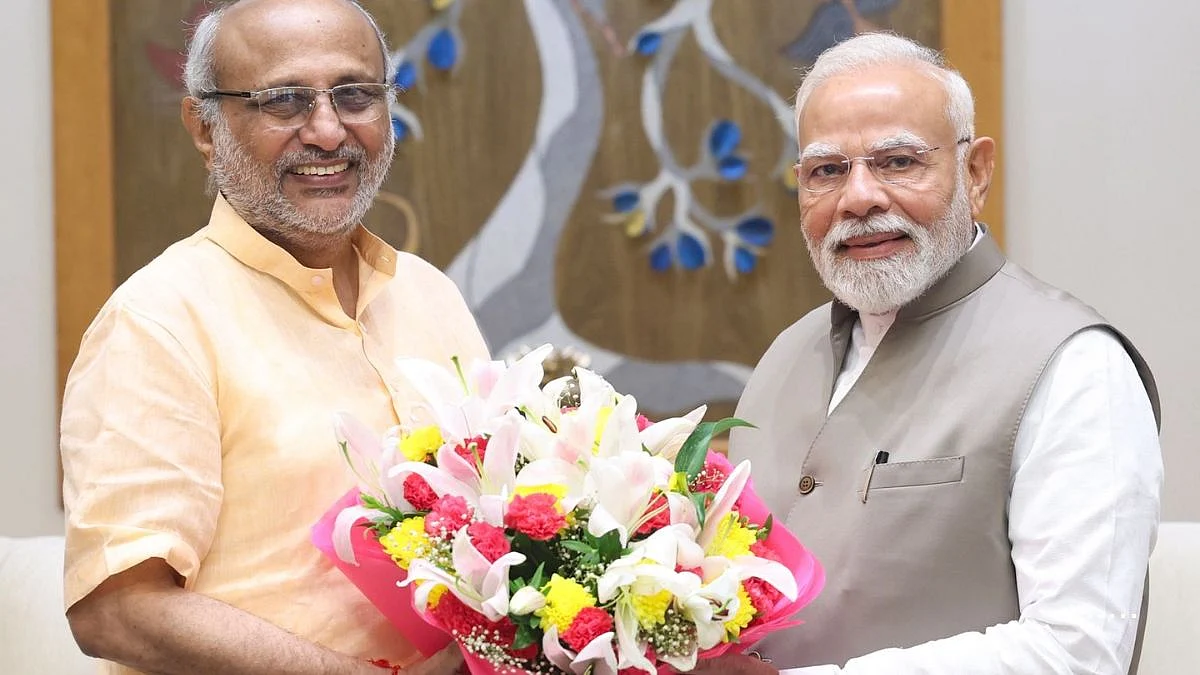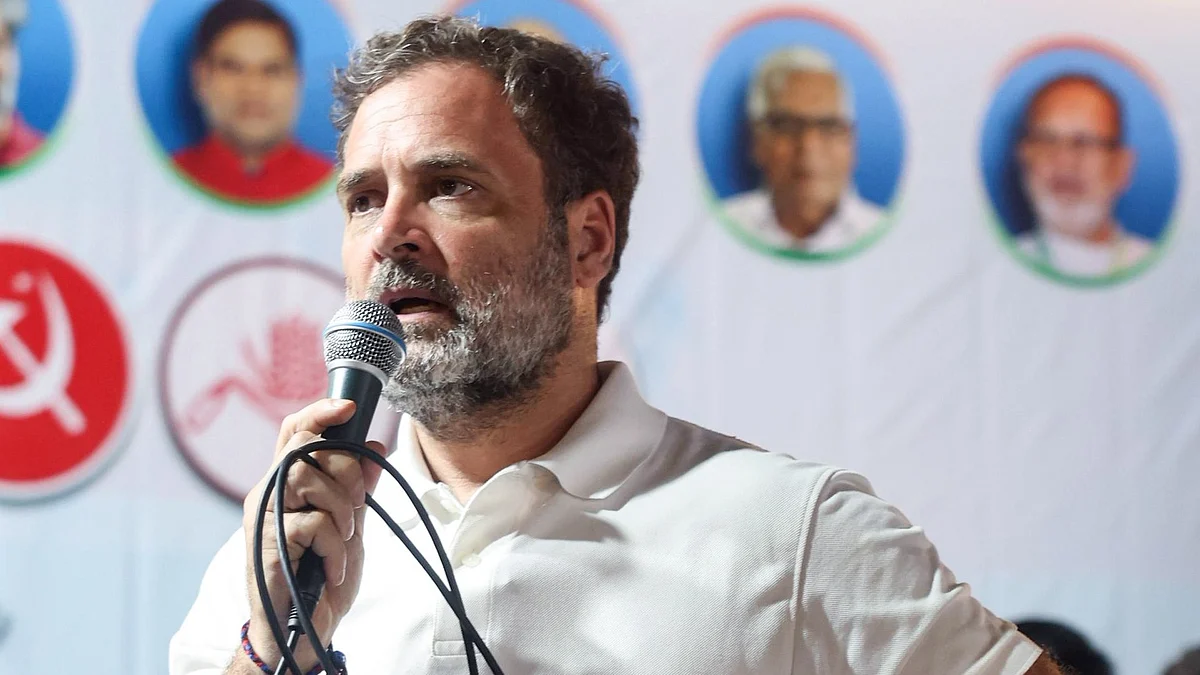Former Madras High Court judge K Chandru, who was the central character in the film Jai Bhim and portrayed by actor Suriya, has given his verdict on it. He told ‘Bar and Bench’ how Jai Bhim is the first Tamil film to realistically showcase High Court proceedings, his first big case, and how cases like the one that forms the plot of the film made him an “efficient” judge. The film was dubbed in Hindi and released last month.
Excerpts
Has Jai Bhim conveyed to the audience what you wanted it to convey?
Justice Chandru: Rarely do films carry a social theme and a message. That way, Jai Bhim conveyed several messages to the audience. To be specific, the film talked about using law as a weapon to redress grievances of the people. It also showed how affected people should get themselves organised as a movement and must also take to the streets with their specific demands.
On the question of literacy, in the beginning, you can see a tribal woman putting her thumb impression on court papers, whereas in the end, her daughter is seen reading a newspaper comfortably perched on a chair, in the house of the lawyer.
It also wanted to convey that the ultimate liberation is literacy, and in a way communicates the famous quote of Dr BR Ambedkar, “learn, educate and agitate”. That message has gone down well.
The film must have brought back some memories. There are instances where during the habeas corpus hearing, Chandru's character goes an extra mile, quite literally, to gather witnesses and evidence.
Justice Chandru: Every case relating to human rights is always etched in our memories. The case of Rajakannu’s death was unique in many ways. What started as a habeas corpus petition ended up as a murder trial against the guilty policemen.
The tribal woman who came to me did not have any material regarding the whereabouts of her husband, except that she saw him being taken away to the police station and that he did not return home.
Thereafter, the burden of proving the whereabouts fell on the police. They fabricated evidence by getting statements from one local doctor who treated the late Rajakannu and also a juice shop vendor who spoke about the trio taking juice from his shop.
It was at that time I remembered the famous “Paniwala” case. A Delhi ‘paniwala’ complained to the Supreme Court that he was cited as witness in at least 3,000 cases and the police will not allow him to remain quiet and were threatening to damage his business if he refused to appear in courts. Therefore, I insisted on cross-examining the two witnesses before the court.
Initially, the judges were reluctant to record evidence and expand the scope of the habeas corpus petition. But I cited missing Rajan’s case of the Kerala High Court. In that case, evidence was recorded about an engineering student who was taken to a special police camp for questioning and never returned. His father Eachara Varier moved the Kerala High Court with a habeas corpus and evidence was also recorded. When the judges finally agreed to record evidence and the matter was adjourned, there was a change in the division bench.
Justice PS Mishra, who came from Patna, sat with Justice Shivaraj Patil from Karnataka. It was Justice Mishra in the early 90s who brought a new orientation in dealing with matters relating to police excesses, lock-up torture and encounter deaths.
Initially, I did not have any clue about the whereabouts of Rajakannu's two nephews and it took some efforts to locate them in faraway Kerala, where they were hiding and doing menial work to sustain themselves. They were persuaded to come to Chennai, and in my office, their statements were recorded and produced before the court. Since those two persons were eye-witnesses to lock-up torture, the case took a new turn. After reading their statements, Justice Mishra remarked that it was a clear case of murder.
Thereafter, my request for a Central Bureau of Investigation inquiry was rejected and instead the judge asked me to suggest the name of a police officer in whom we have confidence. That was how Inspector General Perumalsami (a character shown in the film with the same name and played by Prakash Raj) was appointed.
The habeas corpus was closed by granting compensation to the wife of Rajakannu and the two nephews. My request for allotment of a house site for them was also granted by the Division Bench. After the report of the Inspector General who was appointed as a one-man Special Investigation Team, the case was sent to be tried by the Sessions Court under Section 302 (murder) of the Indian Penal Code.










